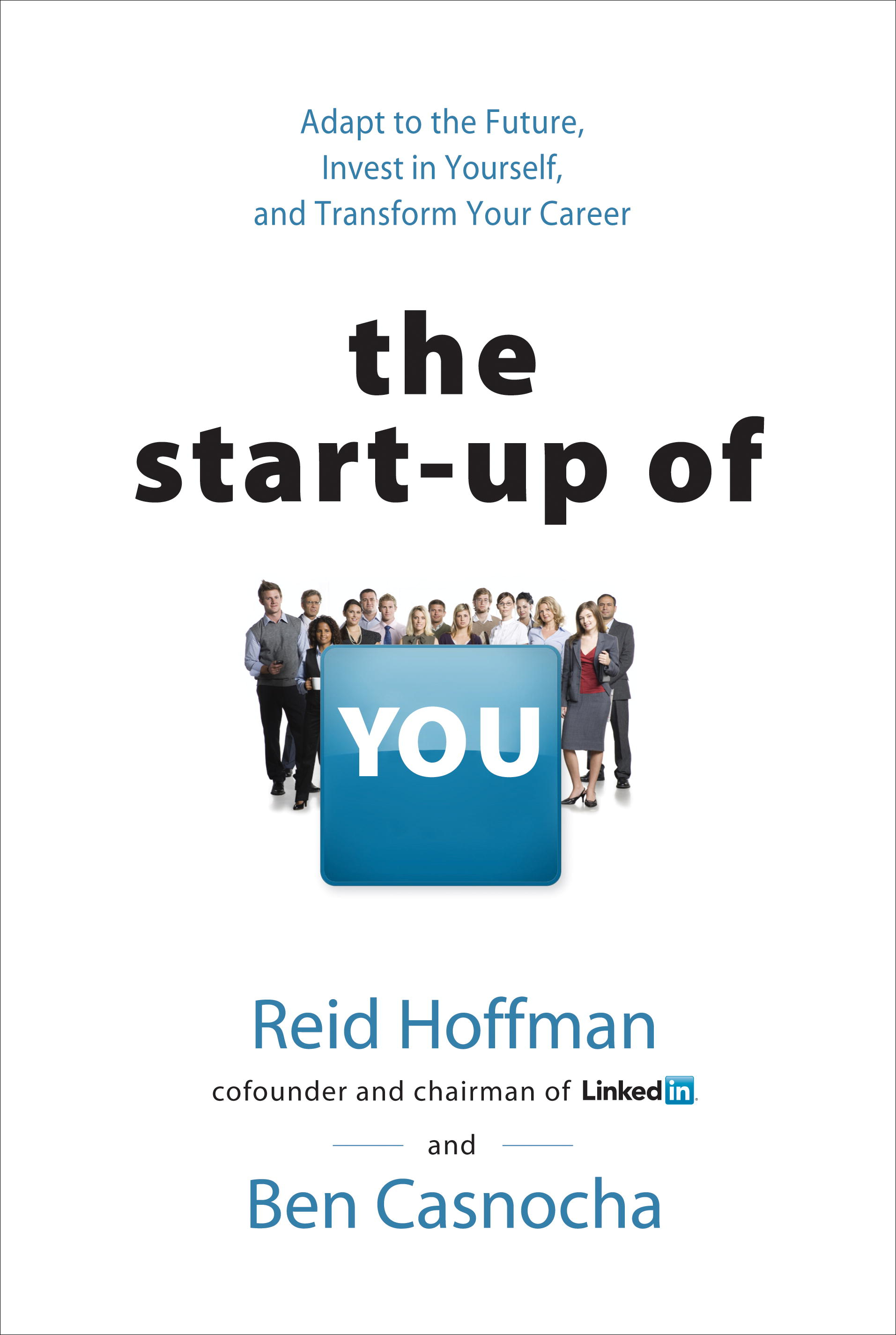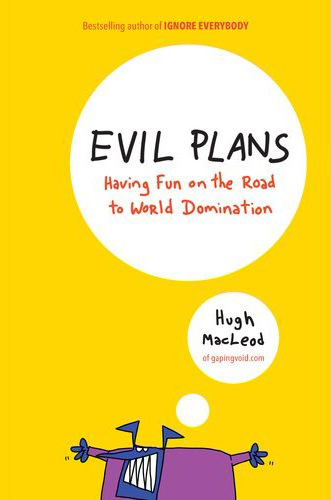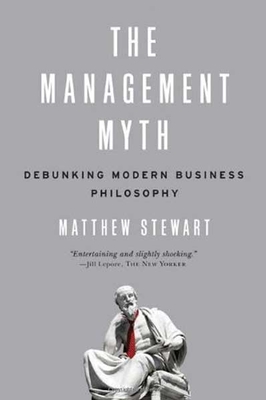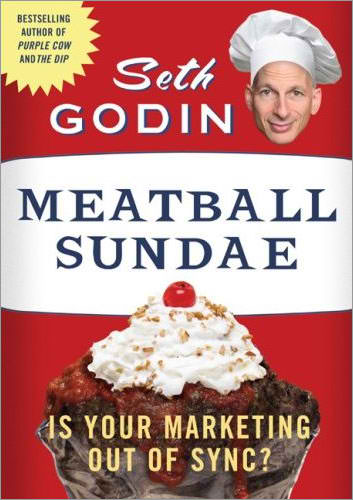Mastering the Complex Sale
I just finished Jeff Thull's bestselling book, Mastering the Complex Sale.
I highly recommend it for individuals focused on complex and exploratory sales. It gives some excellent perspective. It points out that there have been three key phases in selling over the years.
Era 1: Cold Calling, Presenting Your Features (me, me, me), Answering Objections
Era 2: Consultative Selling: Asking questions that lead the prospect down a path into your solution
The third era, and the one that Thull promotes, is around truly understanding a prospect's business and key business process and to diagnose problems and their impact. Much like a doctor, Thull encourages you to spend time asking questions to determine whether the patient (prospect) has a problem at all and what is its impact. Only after you and the prospect have a detailed understanding of the problem and the impact can you discuss a solution. And in many cases, you may find that the prospect doesn’t have a problem or it isn’t a material problem, and you should walk away. Just like a doctor wouldn’t operate on someone that didn’t need an operation, you shouldn't make a sale if there isn't a problem.
Here were some of the key insights I took away from the book.
- Don’t present. Always have one foot out the door.
- You don’t want a decision on the solution, you want a decision on the problem
- There’s no such thing as a decision maker – there are multiple people involved in decisions.
- People make decisions based on emotion (Boeing is based in Chicago because the CEO wants to live in Chicago)
- There isn’t a decision to buy, there is a decision to change.
- Credibility comes from asking questions about the prospect's environment or situation that they haven’t thought of themselves.
- Most prospects have a positive present state, they don’t feel they need to change.
- Key question: How does the absence of my product manifest itself in my customer?
- Procurement creates a framework for a decision and they always make the right decision within their own framework.
- Most salespeople are selling with 90% of their product’s value behind their back because the problem isn't understood by the prospect.
- Include all costs in your ROI analysis – including the cost of their resources to implement.
- Talk about your top 3 pieces of value, but know all of them.
- When diagnosing, get to the people that are closest to the data.
- Don’t be a person that makes a sale, be a person that transforms your client’s company.
- Take the customer backwards to get them to move faster, focus on the problem.
- Don’t focus on bringing the prospect a positive future – a positive future implies they’re incompetent now.
- Good salespeople mention the side effects or potential negatives of their solutions (like a doctor).
- Don’t get emotionally involved, always be leaving.
- If you can’t quantify the cost of the prospect's problem then there is no problem.
- The decision to change is made during the diagnosis of the problem.
- Don’t talk about your value proposition, talk about value hypothesis (e.g. net profit).
- If you’re feeling pressure during the sales process you’re doing something wrong.
- Go for the no.
- Crisis drives change.
- You cannot sell a group.
- Find out out who owns the business metric that is impacted by your product and work with them to diagnose.
- The hardest part of a psychiatrist’s job is getting the patient to see that they have a problem. Same thing for salespeople.
- When reaching out to someone cold, be sure that the message you send could not have been sent to anyone else in the world.
- When a prospect goes cold, use the rule of two to give them the opportunity to tell you the truth. “When I don’t hear back from someone it’s usually for one of two reasons: 1.) they’re really interested in moving forward but they have some legwork to do internally to get the pieces in place or 2.) they’re really just not interested. Either one is fine of course. Which one is the case here?”




 The management consulting business has always been a bit of a mystery to me. Something just doesn't add up. Matthew Stewart just wrote a book about this called the
The management consulting business has always been a bit of a mystery to me. Something just doesn't add up. Matthew Stewart just wrote a book about this called the  I ordered Hugh Macleod's new book
I ordered Hugh Macleod's new book 